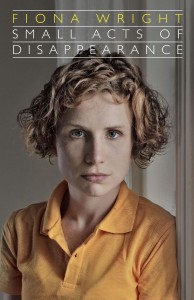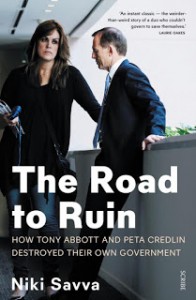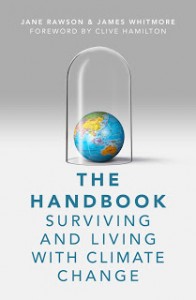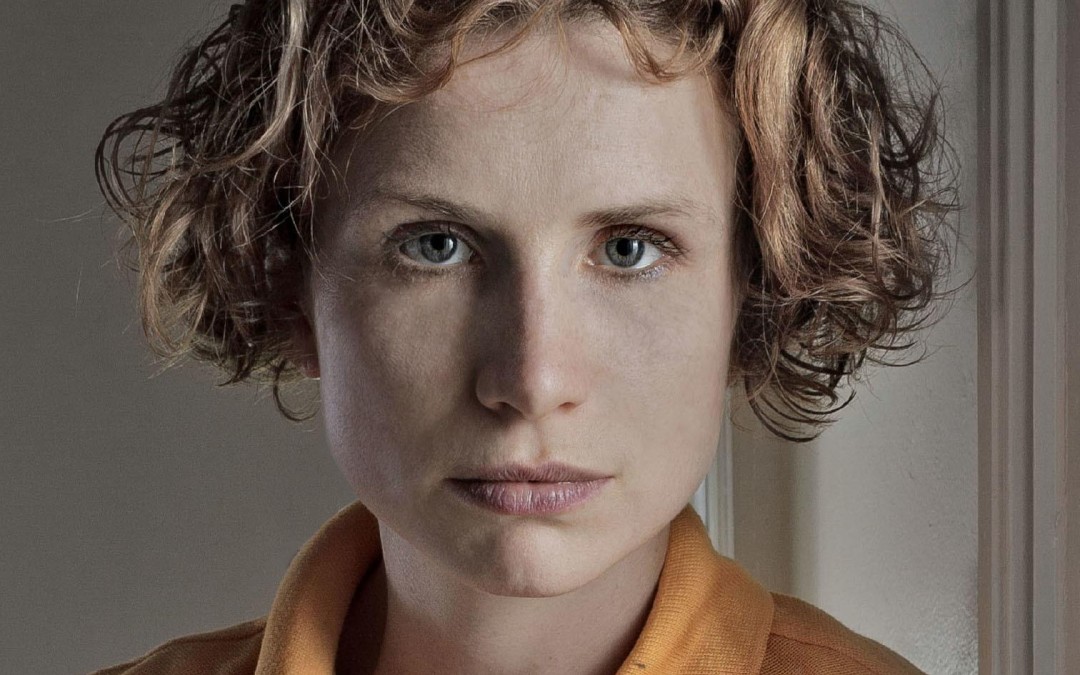We are now four months into the year and turning the corner into winter we are snuggling up with seven books by ten authors.
As the rain beats down in staccato and calypso beats on our roofs, eleven reviews by ten of you lovely readers brought to our attention books we had not yet discovered and books we once had known of, put down on lists to read and then for the moment, briefly, forgotten till you reminded us.
 Five of you reviewed Fiona Wright‘s Small Acts of Disappearance, a memoir on how anorexia and other eating disorders, makes us slowly try to erase our edges and outlines as we watch our reflections in mirrors, trying to become enough somehow, trying to fit as we think we should. And Wright tackles the issues honestly as Kim Forrester of Reading Matters’ points out in her review:
Five of you reviewed Fiona Wright‘s Small Acts of Disappearance, a memoir on how anorexia and other eating disorders, makes us slowly try to erase our edges and outlines as we watch our reflections in mirrors, trying to become enough somehow, trying to fit as we think we should. And Wright tackles the issues honestly as Kim Forrester of Reading Matters’ points out in her review:
Perhaps the greatest strength of Small Acts of Disappearance: Essays on Hunger is Wright’s ability to talk about the disease in frank, brutally honest terms. That’s because, for so many years, she did not feel she was the same as other anorexic patients, for her condition developed not from a set of psychological issues but physical ones.
Sue from Whispering Gums highlights how Wright uses language in her writing and work:
Wright, being a writer, loves language, so as well as writing the book in her own gloriously clear and evocative language, she also shares the “new” language she learns. There’s the language of treatment (“In Increments”), for example, which she describes as “a jargon, that language that speaks only to the initiated, that carries with it its own definition of inclusion”, and the language of group therapy and recovery (“In Group”). She considers the implications of the language, of how it normalises the way the initiates communicate. Group language and behaviours, she explains, mean sufferers can identify each other, like it or not, outside treatment.
But Wright’s work wasn’t the only one that offered our ten readers new things to think about.
 Brona of Brona’s Books tackles the question of feminism head on with her review of The Road to Ruin by Niki Savva – a book about Abbott’s politics and his advisor Peta Credlin:
Brona of Brona’s Books tackles the question of feminism head on with her review of The Road to Ruin by Niki Savva – a book about Abbott’s politics and his advisor Peta Credlin:
Nevertheless, it was clear to me that Savva was building her case, story by intricate story, about how the very tight, controlling relationship between Abbott and Credlin, ultimately had a negative impact on almost every decision that was made during their time in government…This was not a book written by a powerful woman to bring down another powerful woman. This was a political insider’s pretty harsh critique of Abbott and Credlin and their rather toxic term in power.
And her review of Jane Rawson‘s and James Whitmore’s The Handbook: Surviving and Living With Climate Change makes this point:
If, like me, you’ve been reading and doing stuff like this for years, many of the ideas here will not be new to you. But it’s a great refresher course with up-to-date statistics and scientific thinking.
It’s also great to be reminded that we can do something, we can be pro-active. It’s not just endless, seemingly fruitless talks at world conferences or famous folk jumping on bandwagons. There are things we can do. We don’t have to wait. They might be small things, but if enough of us do these small things every day, then perhaps we can slow the bigger changes down.
Continuing on the theme of the geo-political issues facing us at the moment, Linda Funnell reviewed Shakira Hussein‘s From Victims To Suspects: Muslim Women since 9/11 and discussed how the book covered all the complexities of the issue:
This slim volume covers a huge amount of territory, and ranges over everything from the madness of the anti-halal movement and anti-Islam groups like Reclaim Australia, to what Western teenage girls might really be seeking when they convert to Islam and offer themselves as ‘jihadi brides’, to the false statistics behind the panic over Muslim population increases in Western countries (‘They’re afraid of my uterus!’ Hussein realises at one point), to Australia’s attitudes to Muslim refugees, to the debates within Western feminism over whether calling out misogyny in another culture is racist.
More recently Muslim women are being seen as having cultural and moral authority within their communities, and as such are both urged to turn their families away from extremism and regarded as incubators of terrorism.
Other books that our readers reviewed these last two months included were: Mrs Woog and Kate Murphy‘s Primary School Confidential, Alexandra Pierce and Alisa Krasnostein‘s Letters to Tiptree and Anna Clark‘s Private Lives, Public History.
What have you been reading, curled up under the covers with mugs of warm beverages while the rain plays a tune above your head, that connects you to the important ideas and realities in our lives these days? What are the books that you are saving up squirrelling away for the Australian winter?
About me: Marisa Wikramanayake is a freelance journalist, writer and editor. She published her first book at 17, has lived on three different continents, been in ground zero of a bomb blast twice, covered a Presidential election campaign and is currently hibernating in Perth, Australia. She’s also been freaked out by the Scientologists, helped run a national publishing conference for the Society of Editors (WA) and currently sits on the WA Media Alliance committee worrying about freelancers, editors and publishing and diversity. She is dangerous when bored, having terrorised educational institutions to finish an Honours thesis on Archaeology and a Masters thesis on Neuroscience and Science Communication. She penned book reviews for The West and science news and now writes and edits novels and dreams of fun cross platform media projects in the spare time that’s left over after painting, dancing, gaming and mentoring. She contributes her two cents as non-fiction editor at Australian Women Writers and is sort of in the charging into the fight and terrifying everyone else role at the Diverse Writers of Australia project. Feel free to read her latest book as she writes it at marisa.com.au, on Facebook or tweet at her at @mwikramanayake






Thanks for the shout out Marisa.
The Wright book sounds really interesting, I hope I can get to it soon. I should have another non-fic title for you next month if I can find time to write up my review for it!